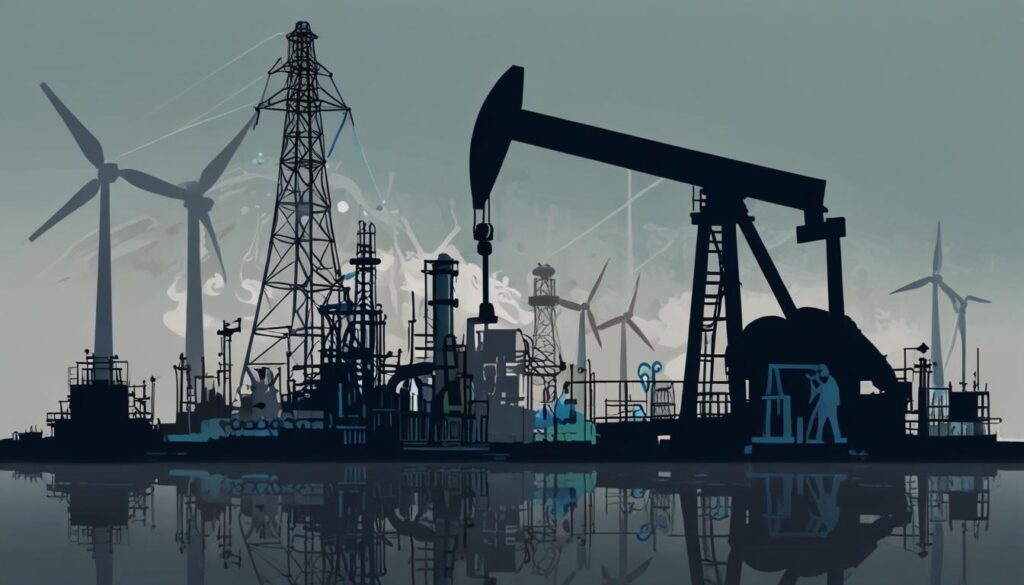A recent survey reveals optimism among UK oil and gas industry leaders despite energy challenges, while concerns arise over a green skills gap in the environmental services sector.
Oil and Gas Sector Optimistic Amid Challenges, Green Skills Gap Highlighted in UK
A recent survey by DNV reveals that 68% of oil and gas industry leaders are optimistic about sector growth in the coming year despite facing significant energy challenges. The survey, titled “The Paradox of Petroleum – How the oil and gas sector is transforming through uncertainty,” collected insights from nearly 450 senior professionals. The optimism is driven by investments in alternative energy sources such as wind, solar, hydrogen, carbon capture, and biofuels, bolstered by a renewed focus on energy security due to geopolitical events like the Ukraine conflict.
However, concerns persist, with 51% of executives stating that global investment in new oil and gas capacity is insufficient. North American executives are particularly worried, with 70% expressing concern compared to 40% in Europe. Operational performance and profitability continue to be top priorities, with 62% of organizations planning to increase investments in energy efficiency and 78% aiming to standardize tools and processes for cost-cutting.
The sector also faces barriers to renewable energy investments. The survey identifies low financial return, existing business model constraints, and unclear energy policies as some of the top challenges. Attracting skilled workers is crucial, with 66% of executives emphasizing the need to support expansion and decarbonization efforts.
A parallel survey from the Chartered Institution of Wastes Management (CIWM) highlights a significant green skills gap in the UK. Conducted with the Environmental Services Association (ESA), Groundwork, and ESS Expo, the survey found that 58% of respondents feel UK businesses are unprepared for the transition to a sustainable future. The survey, which gathered data from 1,498 environmental services professionals, indicates acute shortages in green skills educational programs. Waste management, resilience building, sustainability, and environmental management are among the areas with the highest demand for expertise.
Technology is seen as a key enabler, with 99.7% of respondents believing it can accelerate the path to net zero emissions. AI and online learning platforms are suggested as tools to bridge the green skills gap. Notably, there has been a rise in roles such as chief sustainability officers, though businesses still struggle to find qualified candidates.
Dr. Adam Read from SUEZ and Rob Mowat from ESS Expo emphasized the need for collaborative efforts across training and business sectors to achieve net zero goals. They highlighted the importance of partnerships with educational institutions and professional bodies to upskill the current workforce and attract new talent.
As both the oil and gas sector and the UK’s environmental services industry navigate these challenges, the focus remains on balancing immediate operational demands with long-term sustainability goals.










